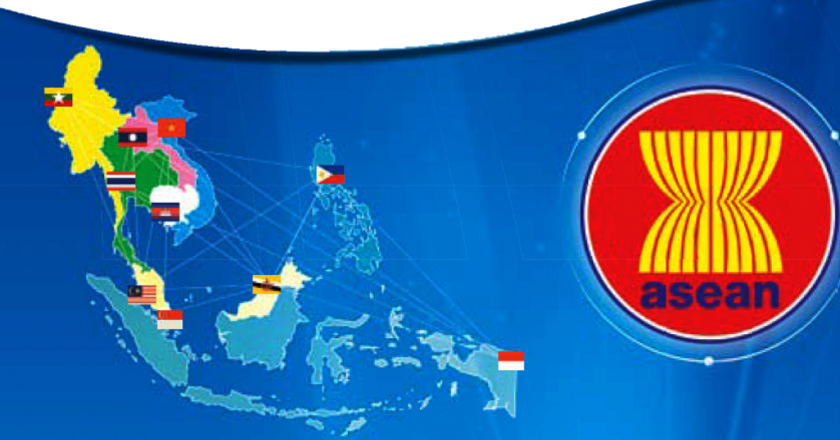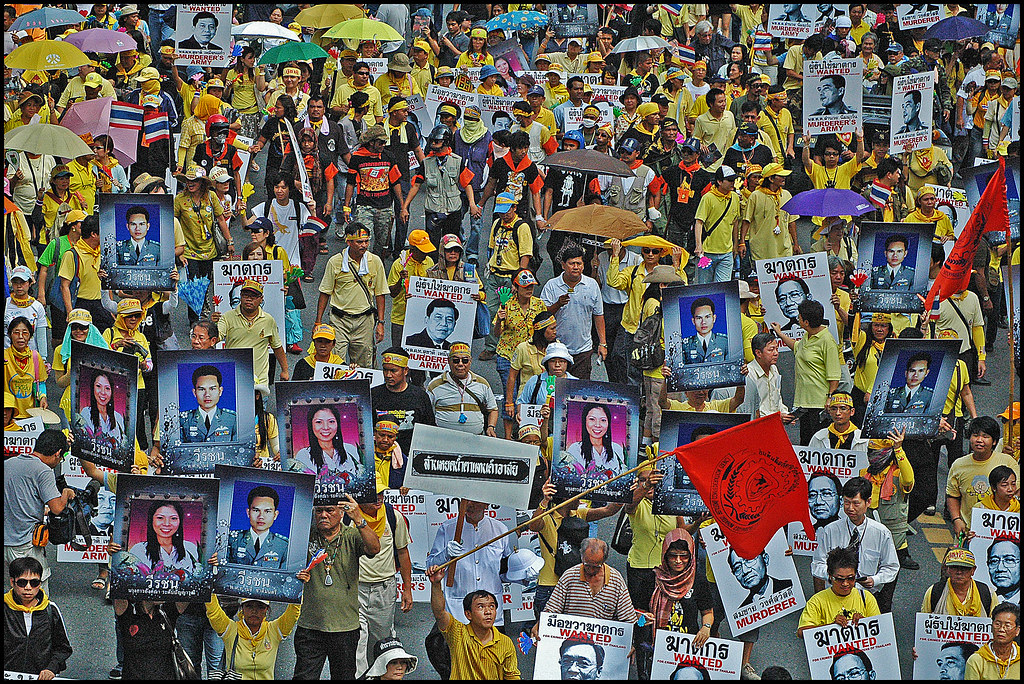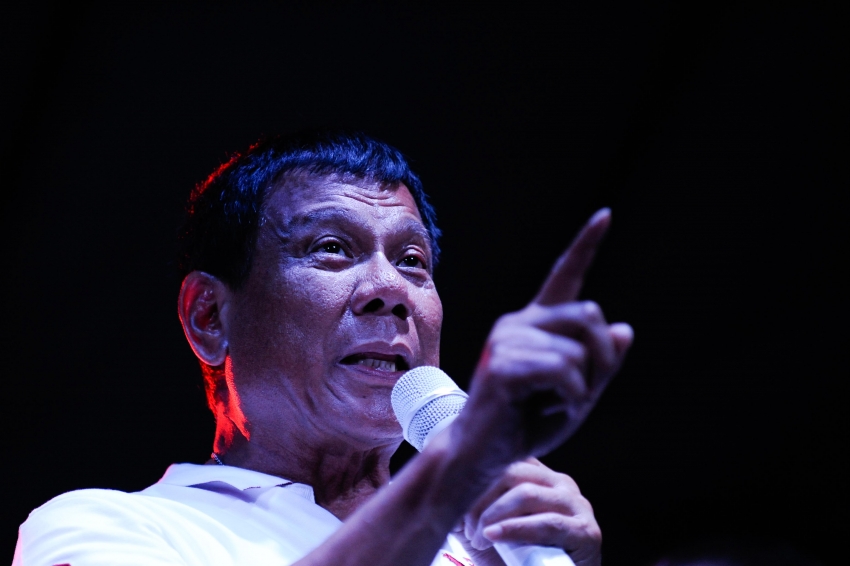And the ship goes… return to the bipolar world?
After eight years of negotiations, and by video conference due to the COVID-19 pandemic, thirteen countries in Asia and two in Oceania signed, in day 15 this month of november, the “Comprehensive Regional Economic Partnership” / RCEP. For it they pledged to leverage free trade relations in the Asia-Pacific region.
The document, that brought together the ten member countries of the Association of Southeast Asian Nations / ASEAN- Indonesia, Malaysia, Philippines, Brunei, Cambodia, Singapore, Laos, Myanmar, Thailand and Vietnam - and the five Free Trade Area partners (ALC) Association - China, Japan, Australia, New Zealand and South Korea - provides for the reduction of tariffs and the opening of trade in services throughout the block. The India, who participated in the negotiations, decided not to join this stage due to the consequences..



